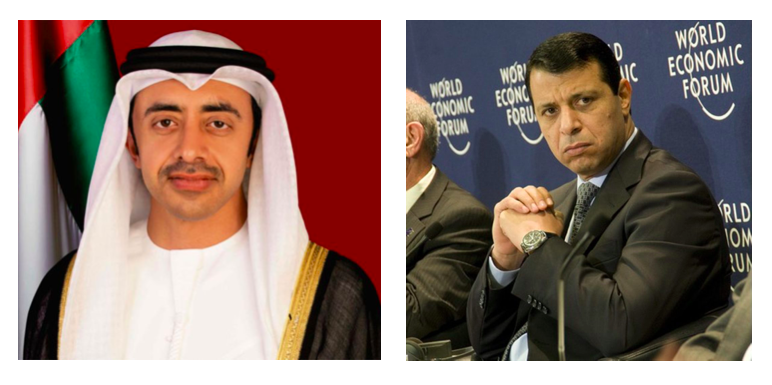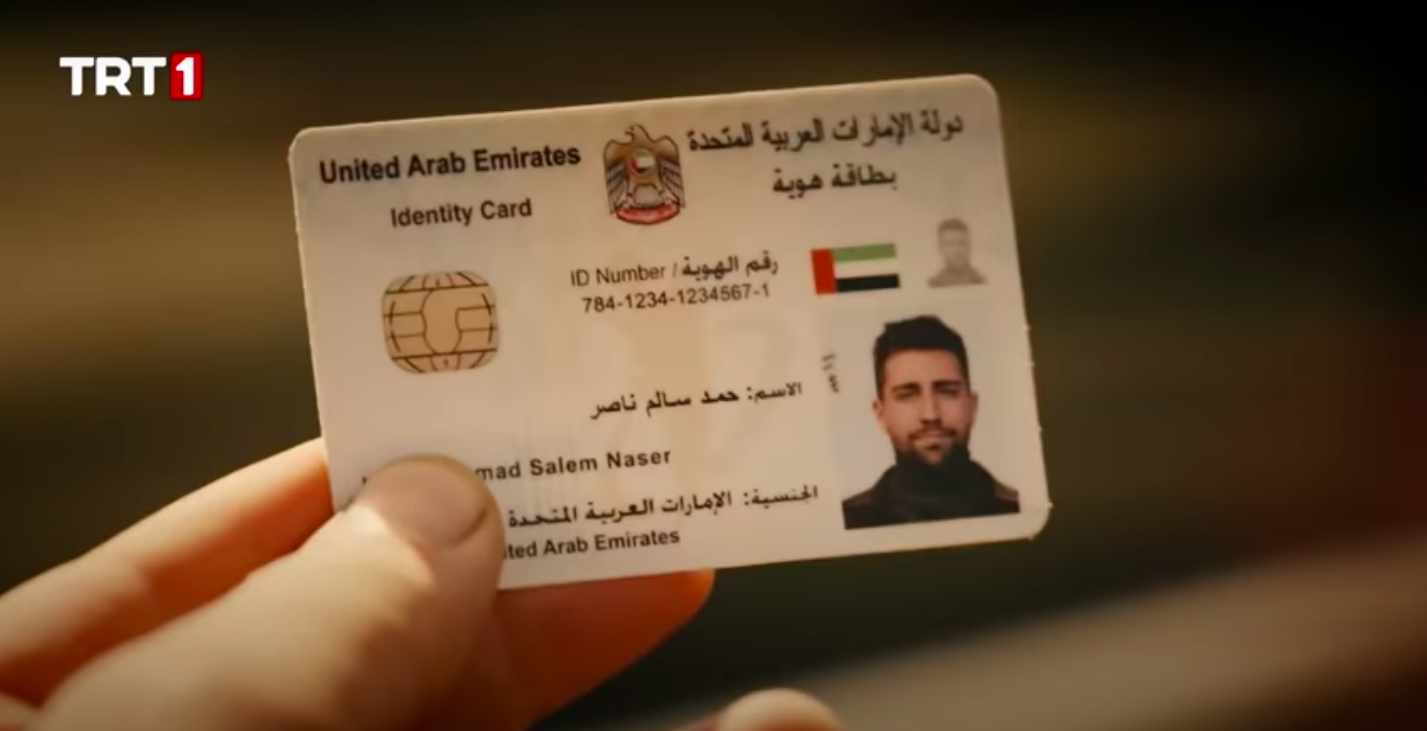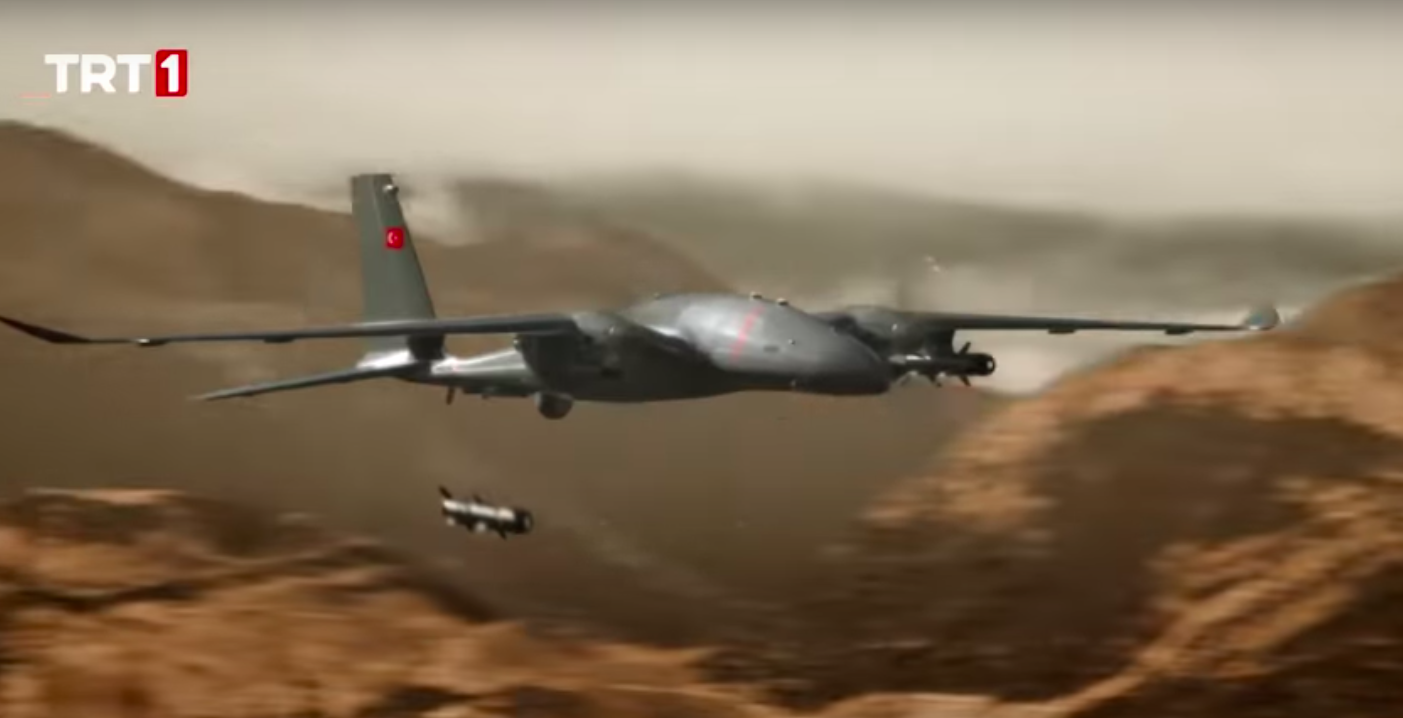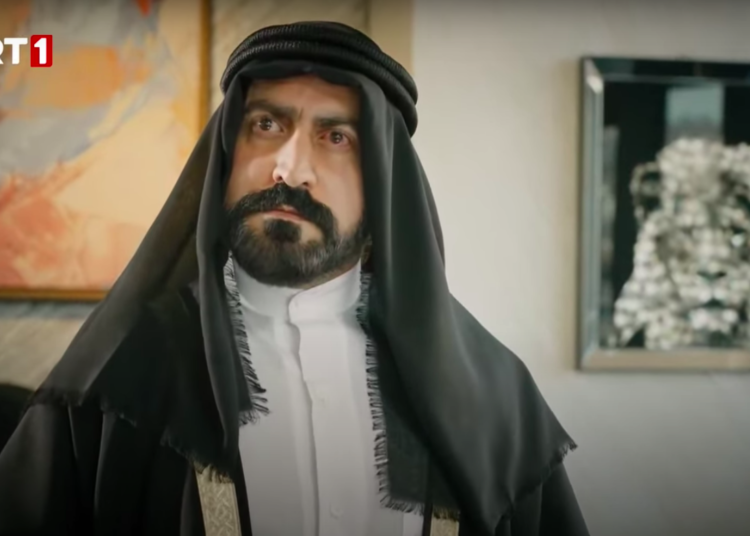Levent Kenez/Stockholm
For the first time in Turkish history, a TV series is being officially sponsored and supported by Turkey’s National Intelligence Organization (MİT). It was announced that “Teşkilat” (The Organization), which started to air on the state-run TRT1 in March, was would feature “the extraordinary experience of MİT.” So in the first trailer, it was no surprise to watch MİT agents blatantly kidnap a civilian on the street in broad daylight in a black VW Transporter van, which has become the symbol of enforced disappearances in Turkey.

“Teşkilat” is based on a story that a group of MİT agents were supposedly killed in an air crash to enable them to freely carry out covert operations against the bad guys, who are ready to do everything in their power to prevent Turkey’s resurgence. That’s why the motto of “Teşkilat” is “The state tells you to die, you die,” which sparked several social media discussions about “The state for the people or the people for the state.” Surely, the producers know very well that Turkish Islamists and nationalists favor the traditional understanding of the state, which is Devlet-i Ebed Müddet, the Eternal State.
The Turkish audience is familiar with evil Western characters who are presented as hating Turkey for a couple of historical and religious reasons. However, “Teşkilat” is the first Turkish production that features a bad character who is an Arab and a Muslim.

Zayed Fadi… This may sound like a typical Arab name, but the name of this bad person includes not only subliminal but also diplomatic messages. Those who are familiar with Middle East politicians can easily solve the puzzle. Zayed Fadi is a combination of the names of United Arab Emirates Foreign Minister Abdullah bin Zayed and the former leader of Fatah, Mohammad Yusuf Dahlan, whose nickname is “Abu Fadi.”
Turkey’s relations with the UAE were strained due to a Gulf crisis in which Saudi Arabia, the UAE, Egypt, and Bahrain cut off diplomatic ties with Qatar in 2017. They were later joined by Jordan and supported by a number of other countries, including the “Tobruk-based government in Libya,” citing Doha’s support for terrorist groups including the Islamic State in Iraq and Syria (ISIS) and al-Qaeda. Since then, rivals Turkey and the UAE have waged a series of proxy wars in various parts of the region and eastern Mediterranean.
Turkish President Recep Tayyip Erdoğan indirectly attacked bin Zayed in 2017 after a provocative tweet about an Ottoman commander in Medina. “You pitiful person who slanders us: Where were your ancestors while Fahreddin Pasha was defending Medina… It is obvious that the aim of some Arab officials’ hostility toward Turkey is to cover up their own lack of ability and endurance and even their treachery. It is clear that you know nothing about our ancestors, about Erdoğan,” the Turkish president said.
Turkey has added Dahlan to its “red list” of most-wanted terrorism suspects, offering a reward of up to 10 million lira for information leading to his capture. An arrest warrant was also issued for him on accusations of playing a role in a 2016 attempted coup in Turkey, seeking to overturn the constitutional order and various espionage-related charges.
According to flashbacks in the episodes, the audience come to know that Zayed Fadi was captured by Israel at an early age while living in Palestine and was heavily tortured. He decided to switch sides after he figured out that his friends had sold him out — a subliminal message that the Palestinian Dahlan has been working for Israel, a claim frequently asserted by Turkey’s state-controlled media.

Fadi is the new member of a powerful, secretive society called The Organization. The scriptwriters drop so many hints that we start to believe that this Illuminati-like or Masonic organization is run by the Rockefeller family. Fadi becomes the head of the “section” responsible for Turkey after he beheads his predecessor, who was unsuccessful in stopping Turkey’s growing influence in the region, in front of other members’ eyes.
Up to the sixth episode, Fadi’s strategic aim is to render Turkish drones, which are presented as the game-changer in the region, ineffective by all means possible including partnering with the outlawed Kurdistan Workers’ Party (PKK) and the Islamic State in Iraq and Syria (ISIS). Turkish drones are mentioned often and frequently used in the series. “Teşkilat” wants its audience to believe that Turkish drones have made Turkey militarily superior to other countries in the region including Libya. “You cannot escape from the Turkish drone” is another marketing message embedded in the script. It is no secret that the Turkish president, his family members and his business associates benefit immensely from defense industry and military goods sales. Selçuk Bayraktar, Erdoğan’s son-in-law and chief technology officer at Baykar Makina, manufactures armed and unarmed drones that were used in Syria, Libya, Iraq, and Azerbaijan in the past.

Fadi, who lives in Germany, directs lobbying efforts against Turkey, bribes European politicians and journalists and cooperates with racists and Nazis to provoke Turkish citizens in Europe. After watching a few episodes, it is clear that the scriptwriters are subtly suggesting to viewers that ISIS members who stayed in Turkey for a time and committed terrorist acts in Europe are managed by an external power and that publicity criticizing Turkey and Erdoğan is not innocent and serves a specific purpose that is not good for Turkey.
“Teşkilat” has garnered high ratings and seems to be welcomed by the targeted audience. One important indicator that shows Turks like a TV production is that they treat it as non-fiction. In the last episodes, two ISIS members were given fake Turkish passports in which the place of birth was noted as Kırıkkale, a city in central Turkey. So many Kırıkkale residents protested that the production company, TIMS&B, had to apologize to the people of Kırıkkale for the embarrassment.
The most important obstacle facing “Teşkilat” is that MİT is being presented as the most vital and the only actor that protects Turkey’s interests and that it’s the brain of the Turkish state. Erdoğan, who does not like to share power, is likely to be uncomfortable with MİT boss Hakan Fidan’s promotion.












